Fail Forward: Learning from Hilarious Mistakes!
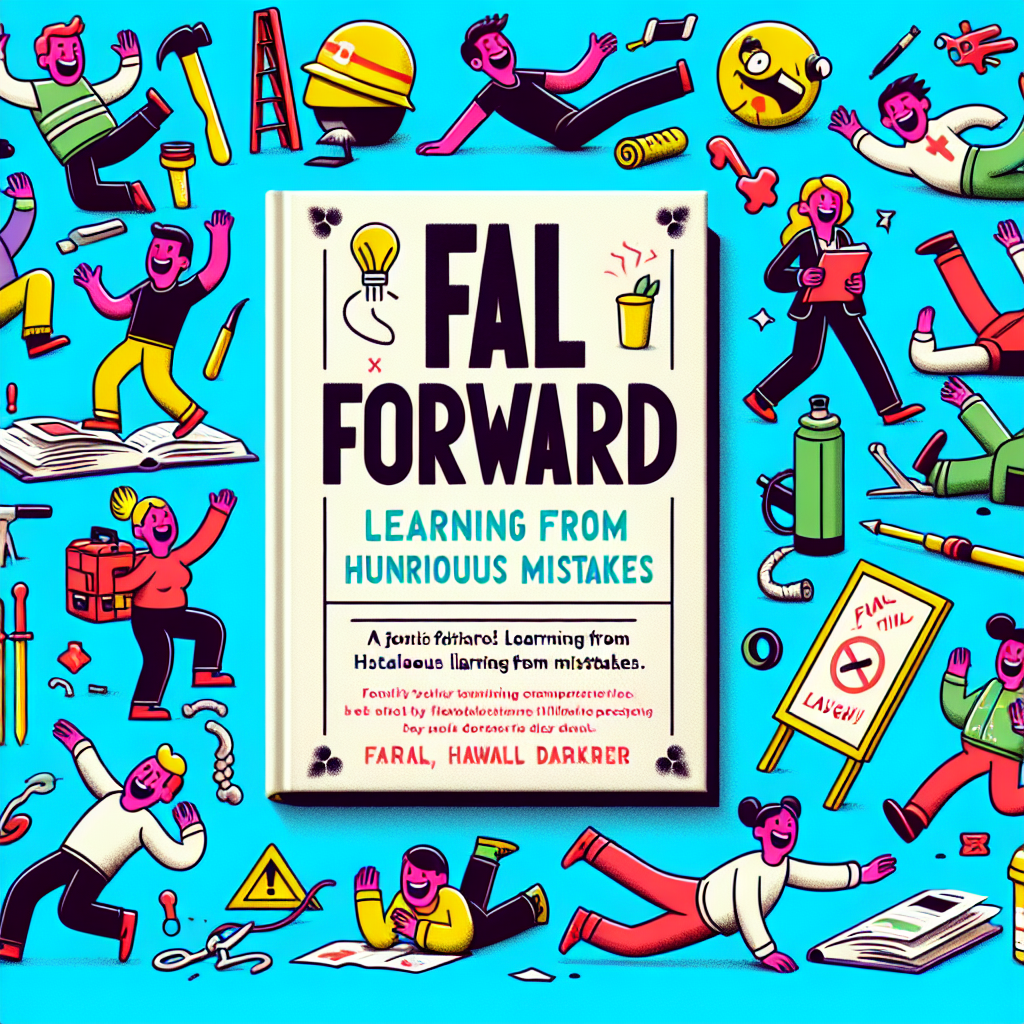
Table of Contents
- Table of Contents
- Understanding the Concept of Fail Forward
- The Psychology of Failure
- Failure vs. Fear of Failure
- Learning from Research
- Hilarious Mistakes: Learning through Laughter
- Examples of Funny Failures
- Real-World Examples of Failures Leading to Success
- Case Study: Thomas Edison
- Case Study: Mistakes in Marketing
- Strategies to Embrace Failure and Learn
- Creating a Fail-Friendly Culture
- Leadership’s Role
- Policies that Support Learning
- Conclusion: The Silver Lining of Mistakes
- Further Reading
Mistakes are an inevitable part of life, especially in the entrepreneurial journey. The concept of "failing forward" encapsulates the idea of using failures as learning opportunities. In this article, we’ll explore the humorous side of mistakes and how they can be effective teachers. We’ll delve into the psychology behind failure, share anecdotes, and analyze how embracing these blunders can pave the way for growth and innovation.
Table of Contents
- Understanding the Concept of Fail Forward
- The Psychology of Failure
- Hilarious Mistakes: Learning through Laughter
- Real-World Examples of Failures Leading to Success
- Strategies to Embrace Failure and Learn
- Creating a Fail-Friendly Culture
- Conclusion: The Silver Lining of Mistakes
Understanding the Concept of Fail Forward
The term "fail forward" suggests that failure should not be viewed as a setback but as a stepping stone toward personal and professional development. Carol Dweck, renowned psychologist and author of Mindset: The New Psychology of Success, discusses the importance of adopting a growth mindset—believing that one’s abilities can be developed through dedication and hard work. This perspective allows individuals to approach failures as lessons rather than disappointments, thereby enhancing resilience and adaptability.
The Psychology of Failure
Failure vs. Fear of Failure
Understanding the distinctions between failure and the fear of failure is crucial. Many people are paralyzed by the fear of making mistakes, leading them to avoid taking risks altogether. This fear often stifles innovation and creativity. Recognizing that failure is a normative part of the learning process can debunk these myths.
Learning from Research
Research conducted by the University of Pennsylvania revealed that individuals who embrace failure often experience greater career success compared to those who see failure as a stigma. Key findings from this research emphasize the positive correlation between risk-taking, learning from mistakes, and achieving long-term objectives (source).
Hilarious Mistakes: Learning through Laughter
Sometimes, the best way to cope with mistakes is through humor. Laughing at our blunders makes them less daunting and opens the door for learning.
Examples of Funny Failures
-
The Great Potato Blunder: A certain marketing team once launched a campaign featuring a potato load of humor. Unfortunately, due to a typo in the promotional material, "potato" was spelled incorrectly throughout the online ads, leading to a viral moment that neither the team nor the brand could have anticipated.
- The Email Mishap: Imagine hitting "reply all" on a company-wide email meant for a small group. This common blunder has turned into a comedic relief among employees and often brings teams closer as they share in the cringe-worthy moment.
These examples remind us that mistakes can lead to laughter—and sometimes, even virality—demonstrating the potency of humor as a tool for learning.
Real-World Examples of Failures Leading to Success
Case Study: Thomas Edison
Thomas Edison is often remembered as one of the greatest inventors of all time—not for his successes alone but also for his countless failures. His famous quote, "I have not failed. I’ve just found 10,000 ways that won’t work," underlines the essence of failing forward. Edison’s determination to learn from each failure eventually led to the invention of the lightbulb.
Case Study: Mistakes in Marketing
Consider the infamous "new coke" failure by Coca-Cola. The company altered its original formula, only to realize that customers had a strong attachment to the classic taste. The public outcry led to the quick return of the original recipe, known as "Coca-Cola Classic." The company learned valuable lessons about brand loyalty, which shaped their strategies for years to come.
Strategies to Embrace Failure and Learn
-
Reflect on Mistakes: Carve out time to analyze your failures. What went wrong? What could be improved? Reflection transforms failures into valuable insights.
-
Encourage Open Conversations: Foster an environment where team members feel safe discussing their mistakes. This not only builds trust but also promotes collective learning.
-
Set Small, Manageable Goals: Avoid overwhelming yourself by setting achievable milestones. Celebrating small victories keeps motivation high and reduces the fear of failure.
- Adopt a Growth Mindset: Embrace the philosophy that abilities can be developed. This mindset encourages individuals to view failures as opportunities for growth.
Creating a Fail-Friendly Culture
Leadership’s Role
Leaders play a crucial role in fostering a culture that embraces failure. By sharing their blunders and lessons learned, they normalize mistakes and encourage team members to do the same. Google’s approach to failure emphasizes innovation and experimentation, allowing employees to learn from their mistakes without fear of retribution.
Policies that Support Learning
Implementing policies that encourage risk-taking and limit punitive measures for failure allows teams to focus on learning rather than avoiding mistakes. Celebrating failures during team meetings can also help to shift perspectives and reinforce the importance of learning through challenges.
Conclusion: The Silver Lining of Mistakes
Embracing the idea of failing forward transforms how we perceive and react to mistakes. By laughing at our blunders and reflecting on them constructively, we can foster a culture of innovation and resilience. Remember, every failure is a step toward success; the key is to learn, adapt, and move forward.
Further Reading
For more insights on entrepreneurship and overcoming challenges, check out our article on Building Resilience in Business.
By learning to embrace our mistakes with humor and a growth mindset, we can transform failures into personal and professional triumphs. So, let’s continue to laugh, learn, and, above all, fail forward!
This article aims to provide a comprehensive view on the topic while adhering to SEO best practices. Implementing the discussed strategies can lead to a more fruitful entrepreneurial journey while taking life’s blunders in stride.
Latest Posts
You Might Also Like

Lorem ipsum dolor sit amet, consectetur adipiscing elit. Ut elit tellus, luctus nec ullamcorper mattis, pulvinar dapibus leo.
TOP NEWS
Copyright © 2025 FunnyShowStreaming.site | All rights reserved.
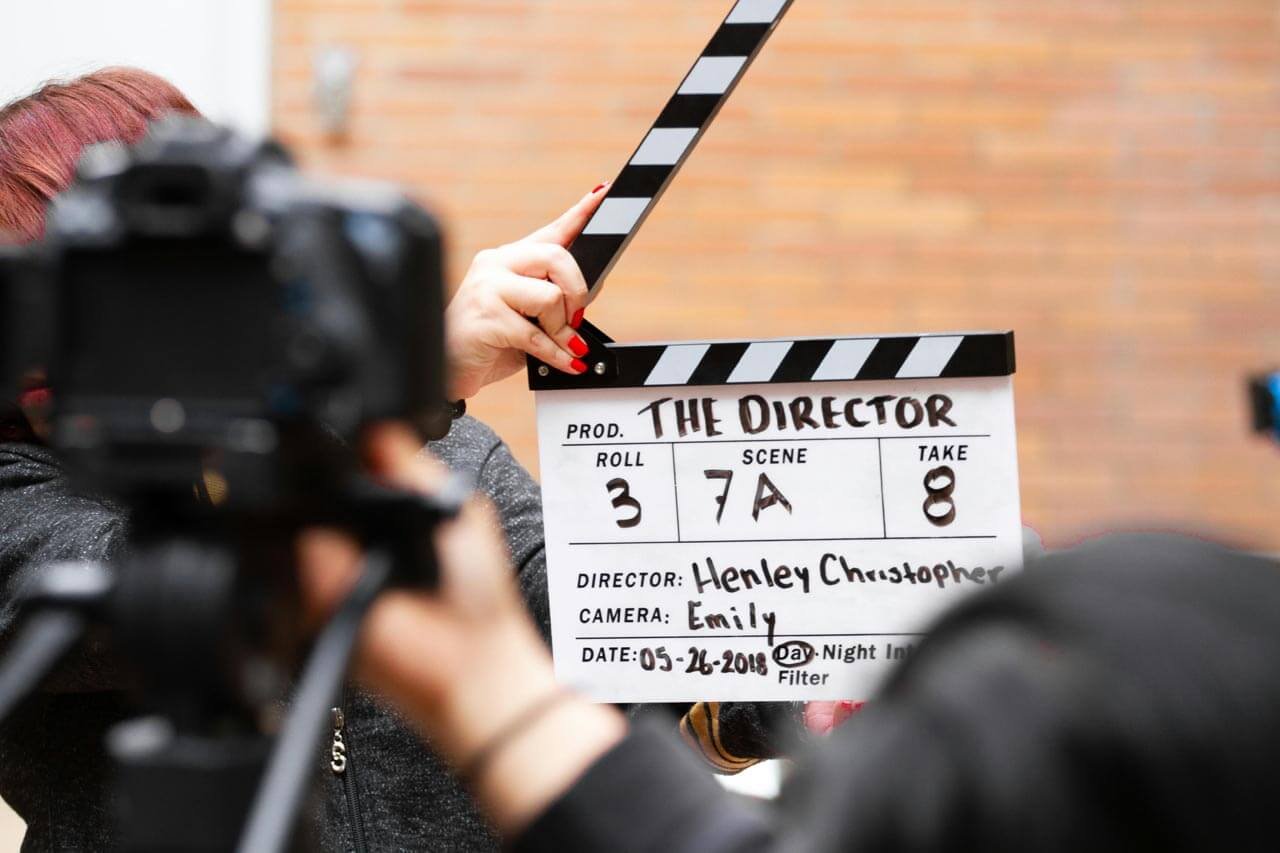


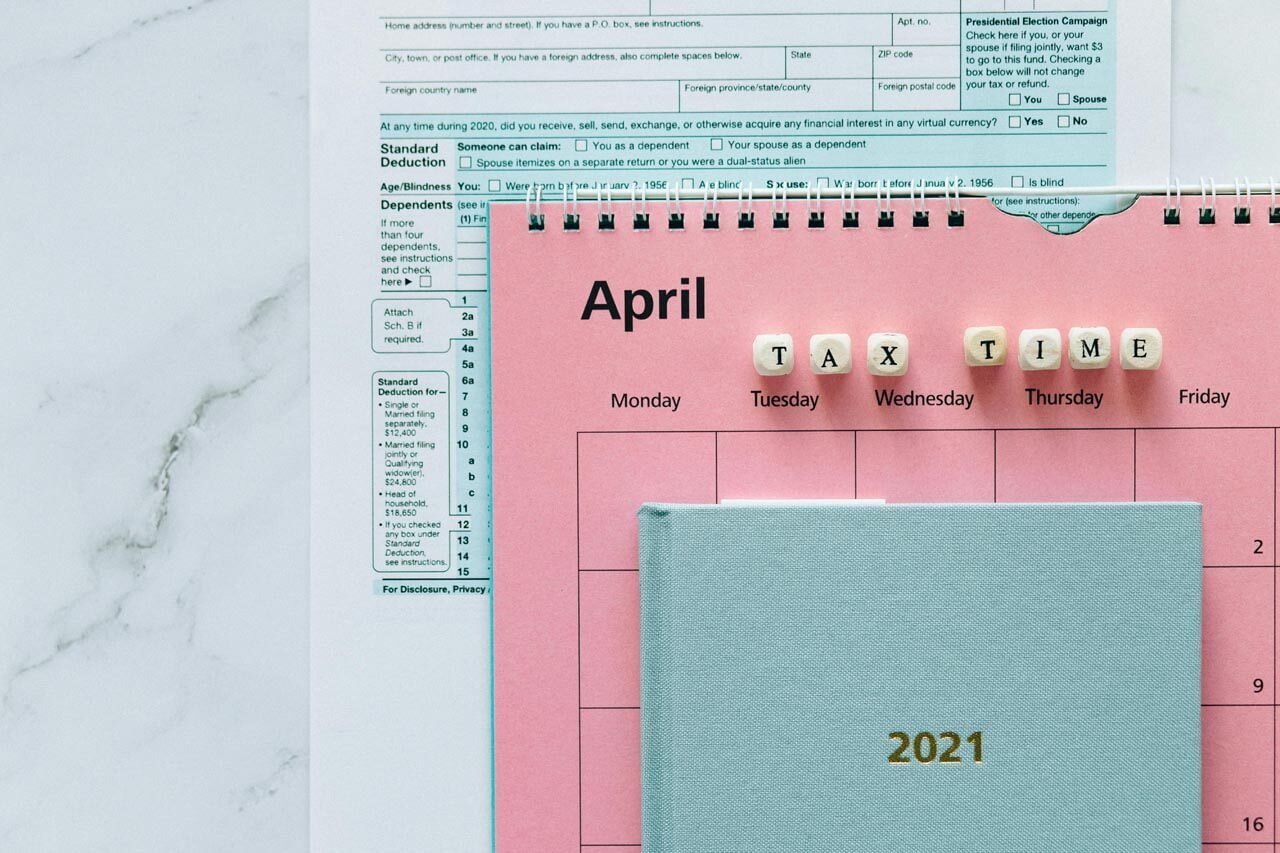

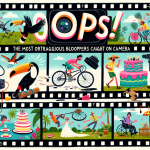
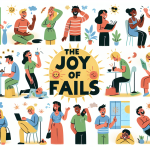







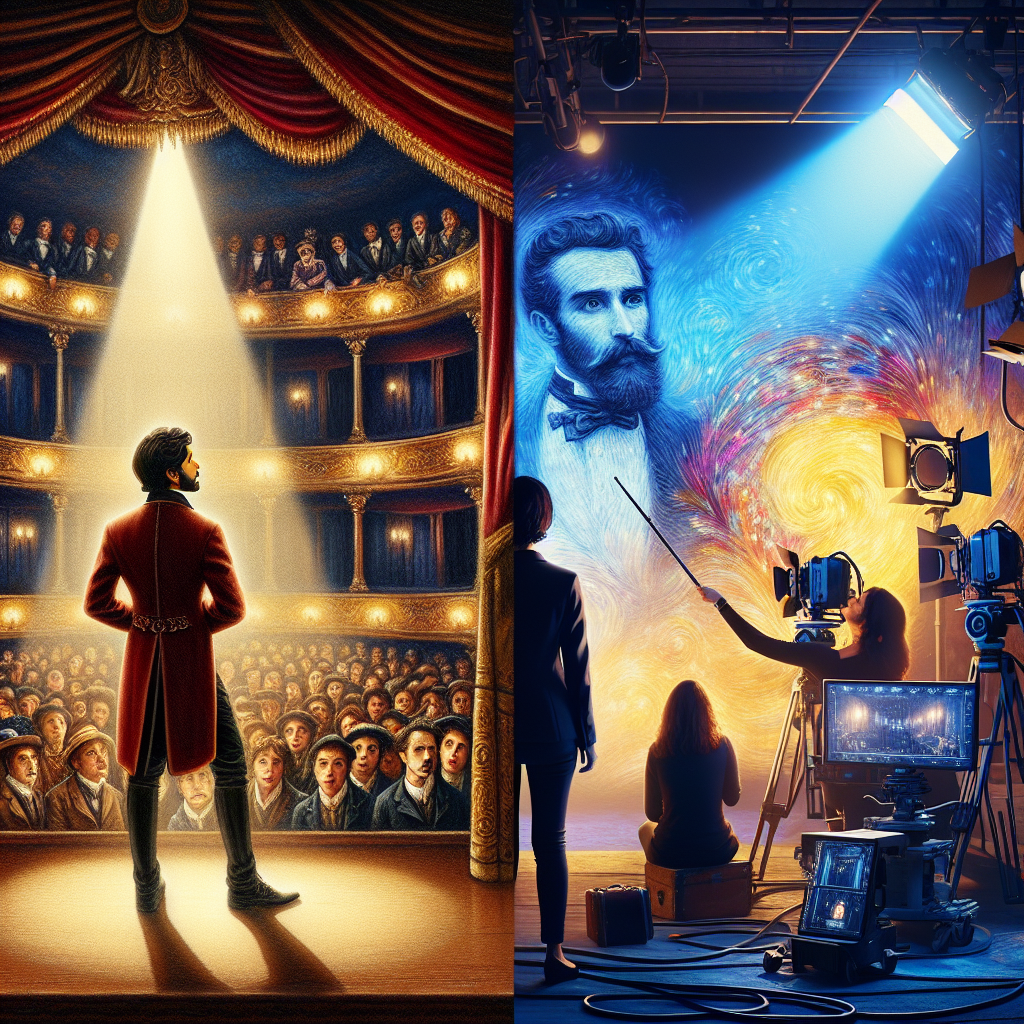
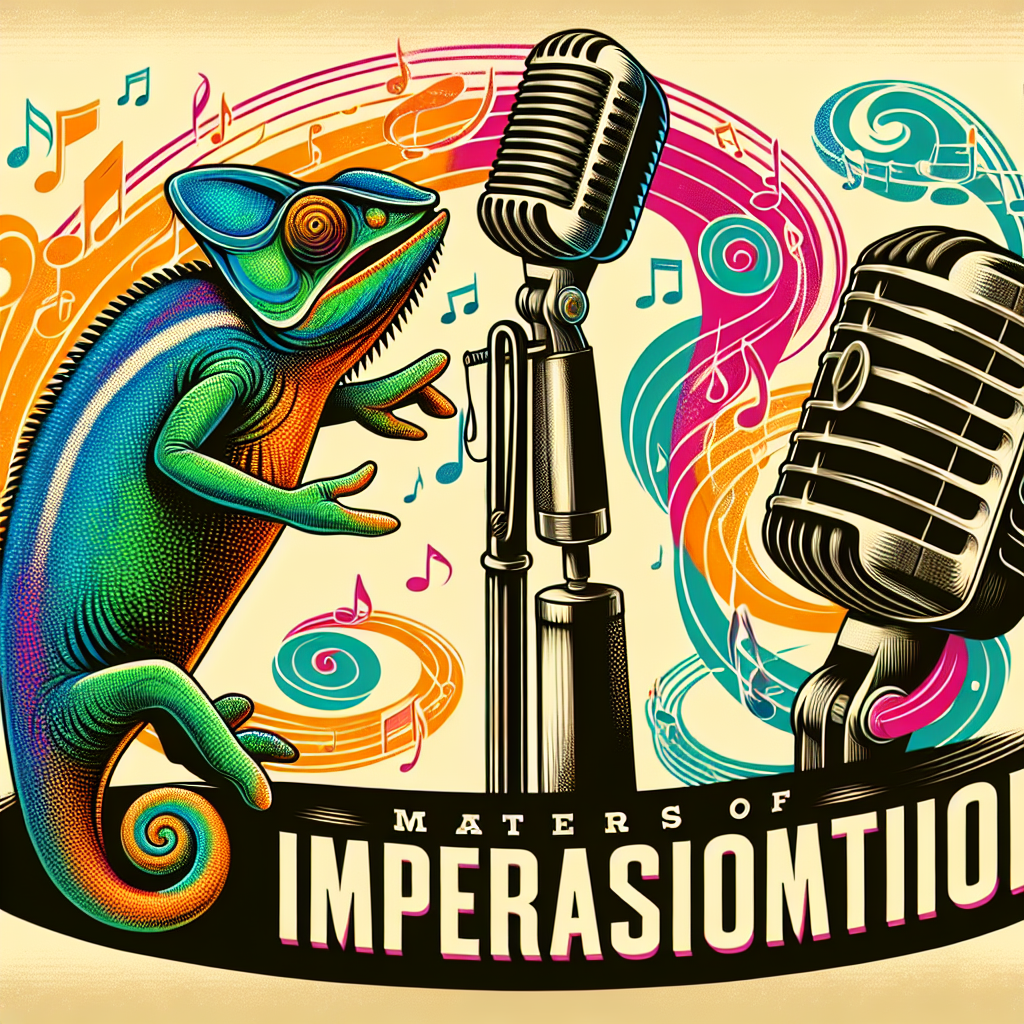



Comments are off for this post.